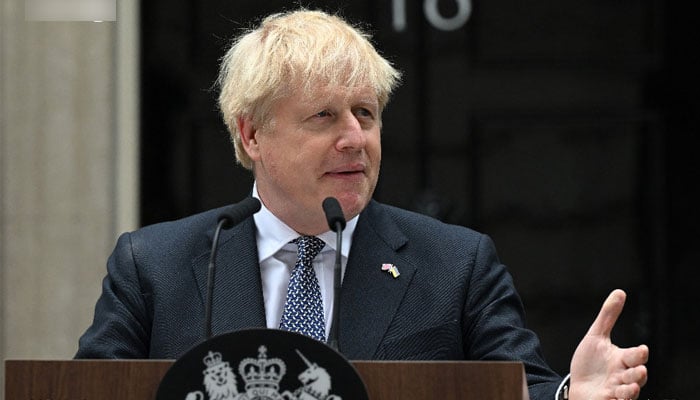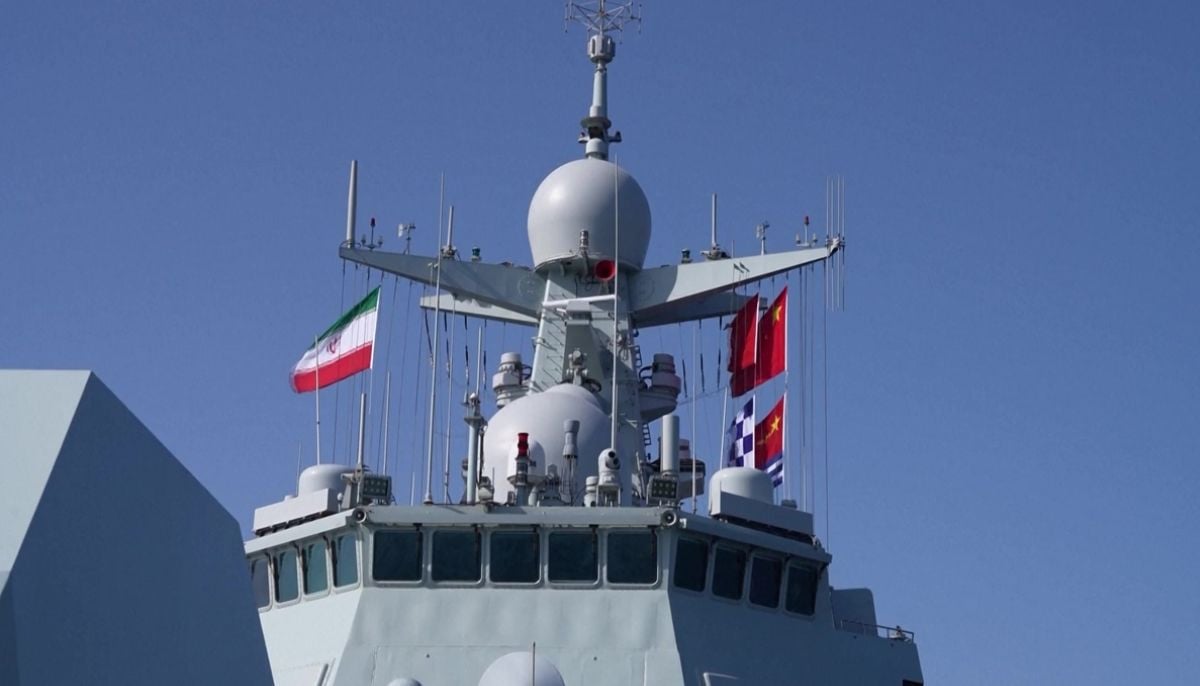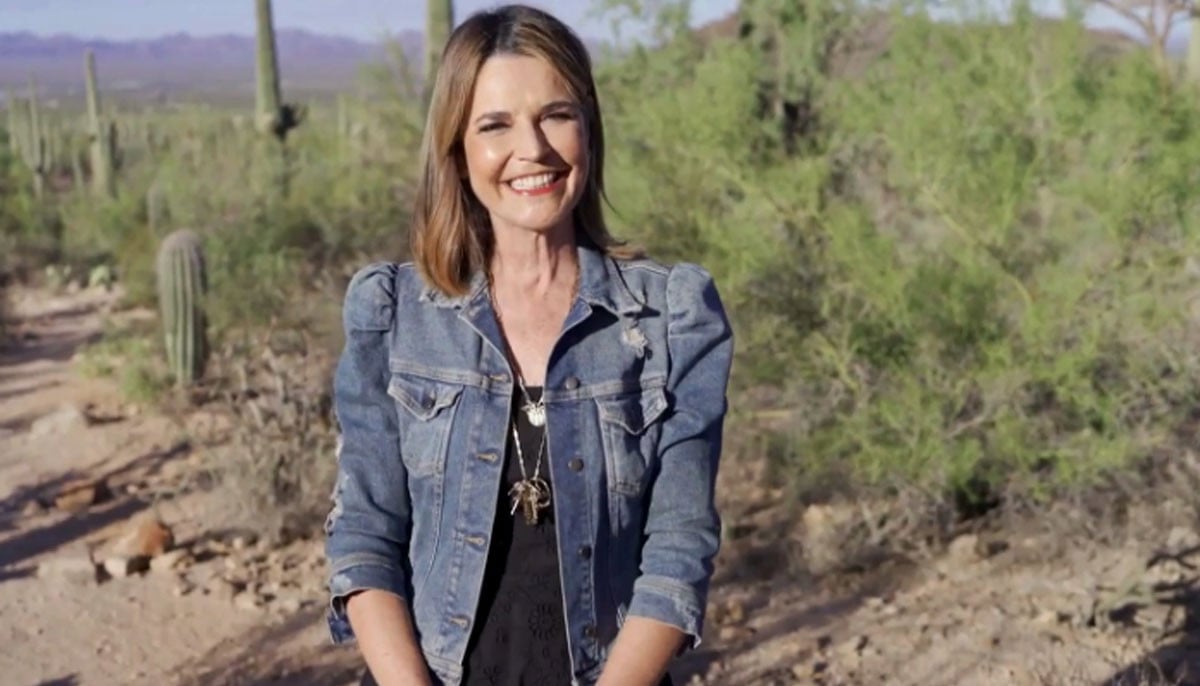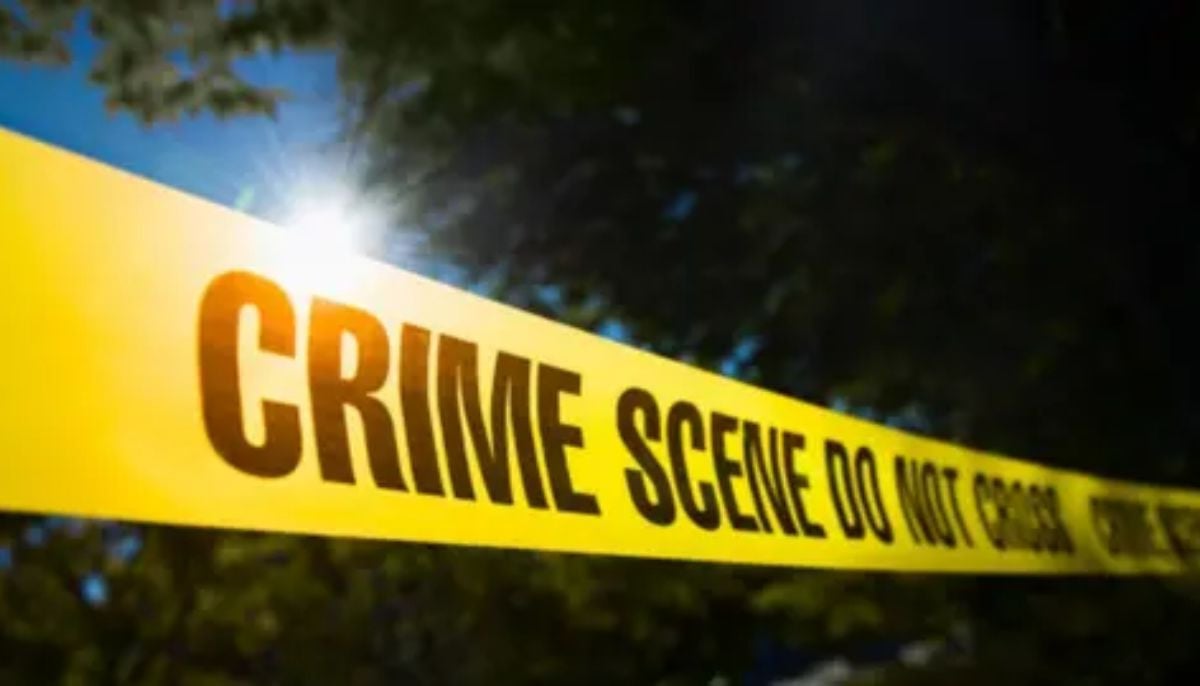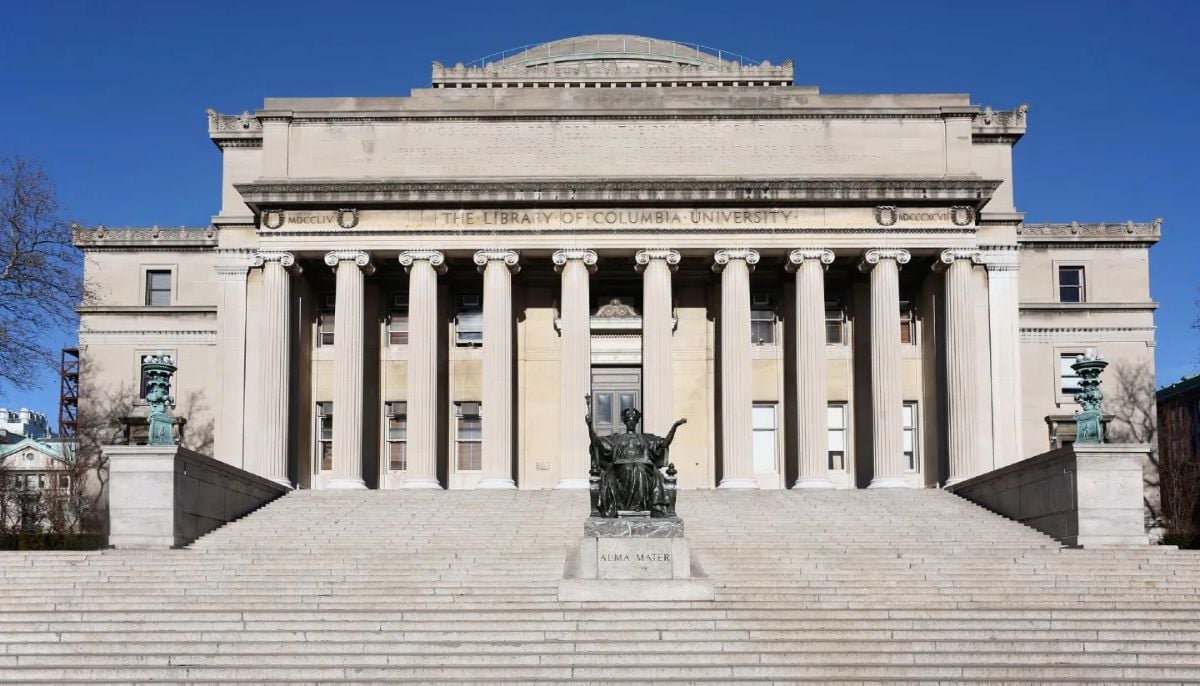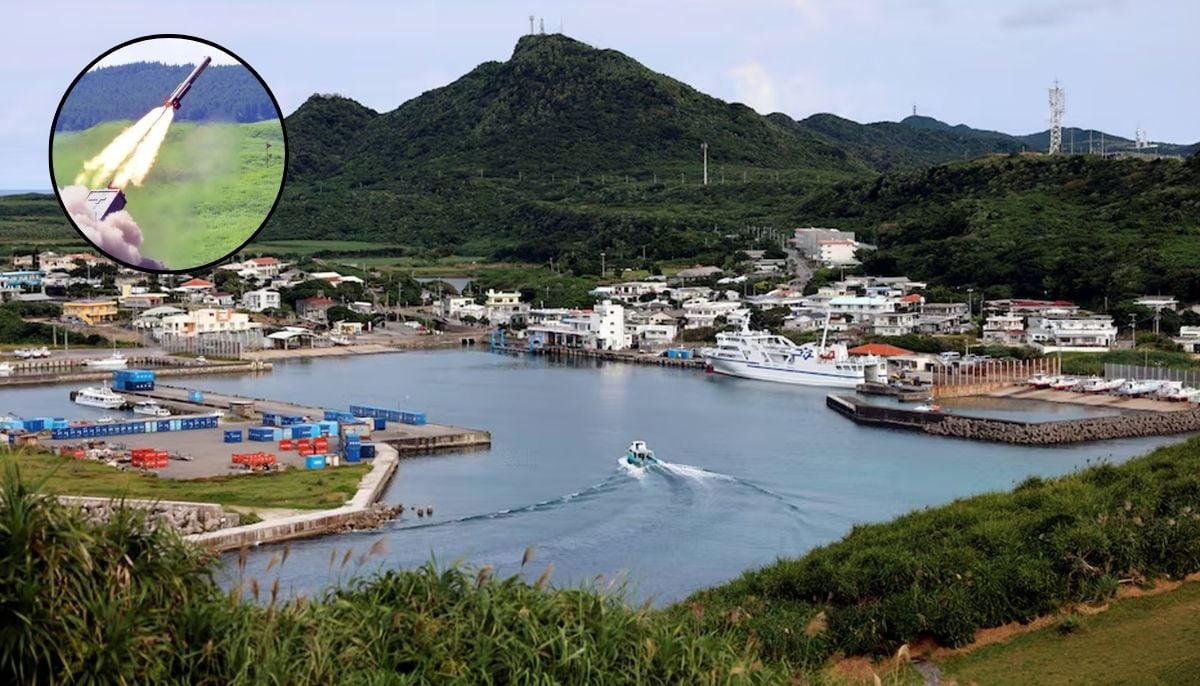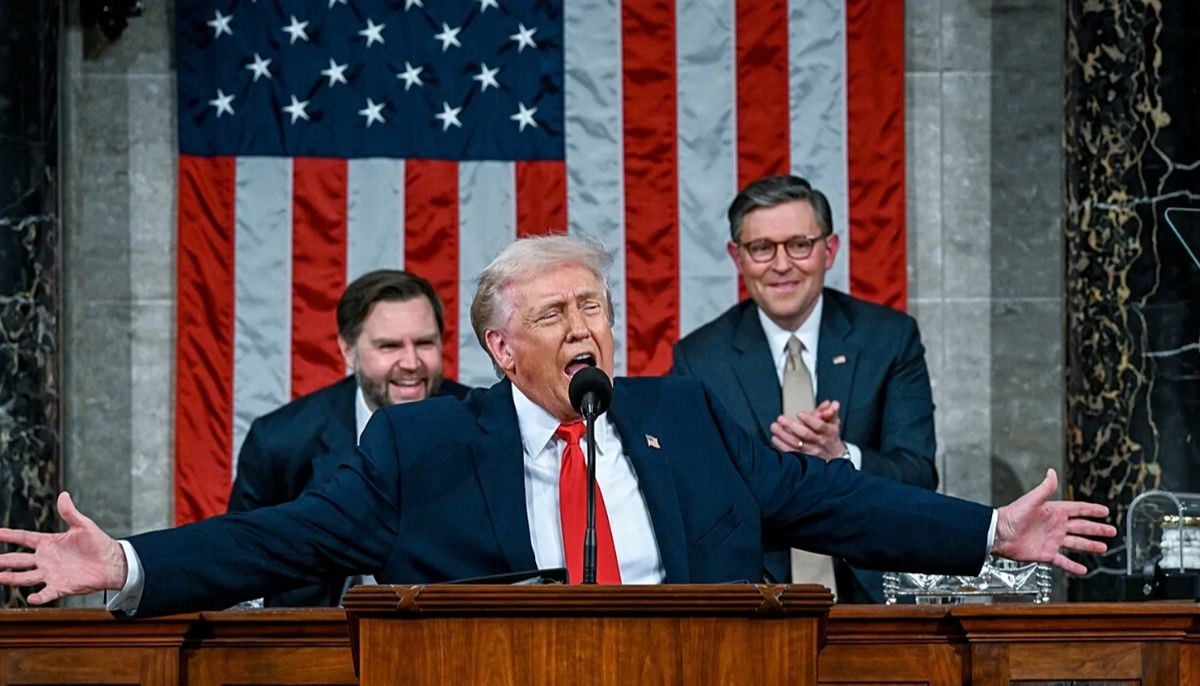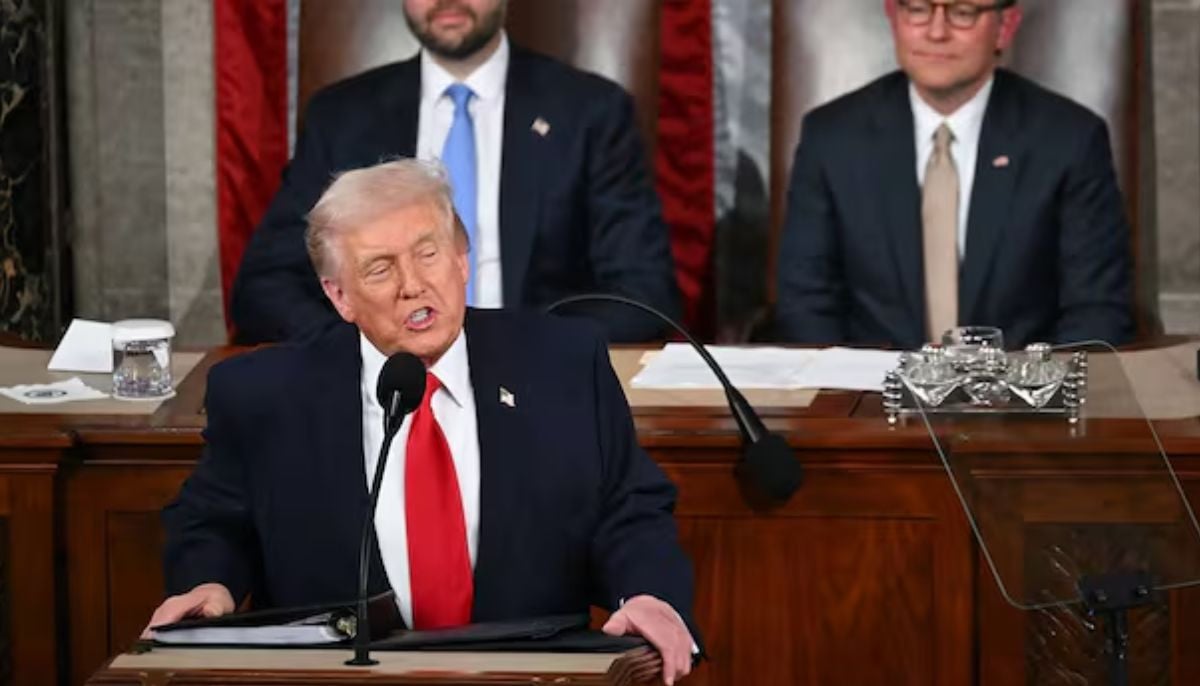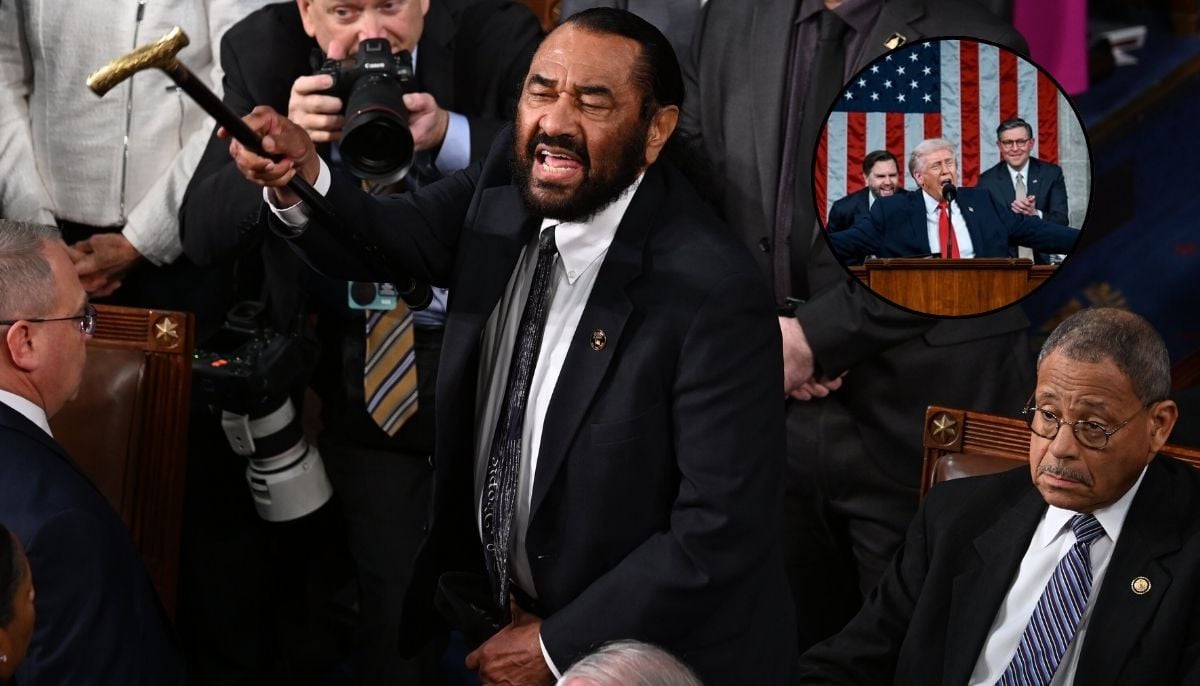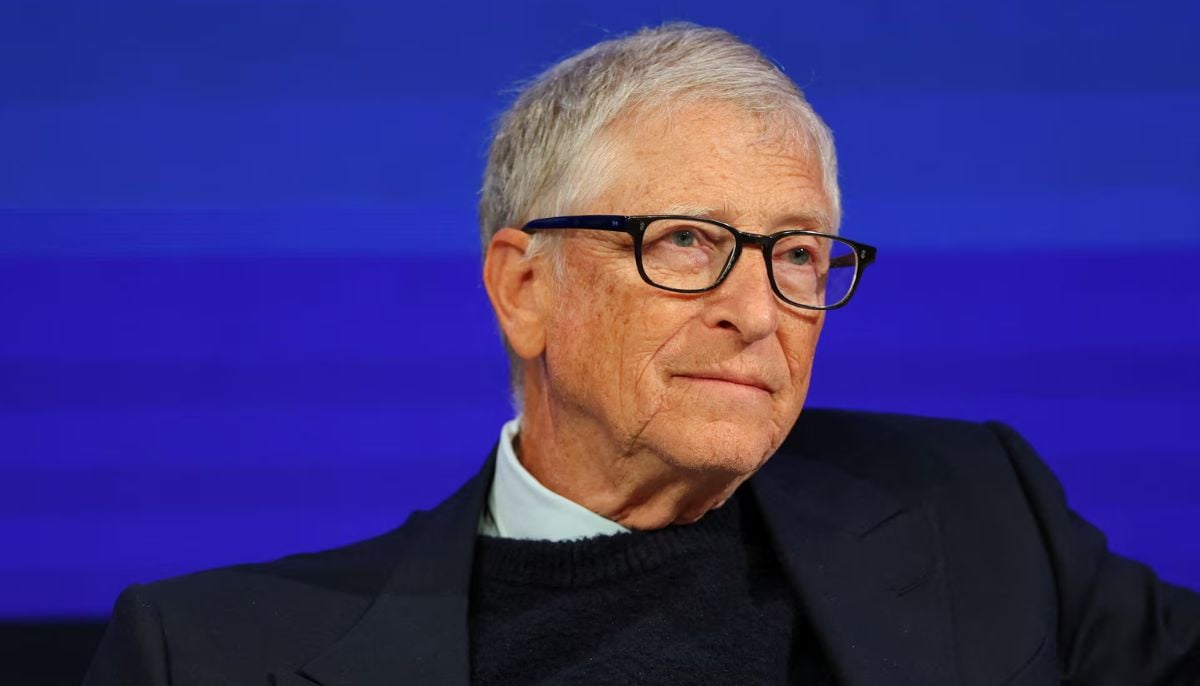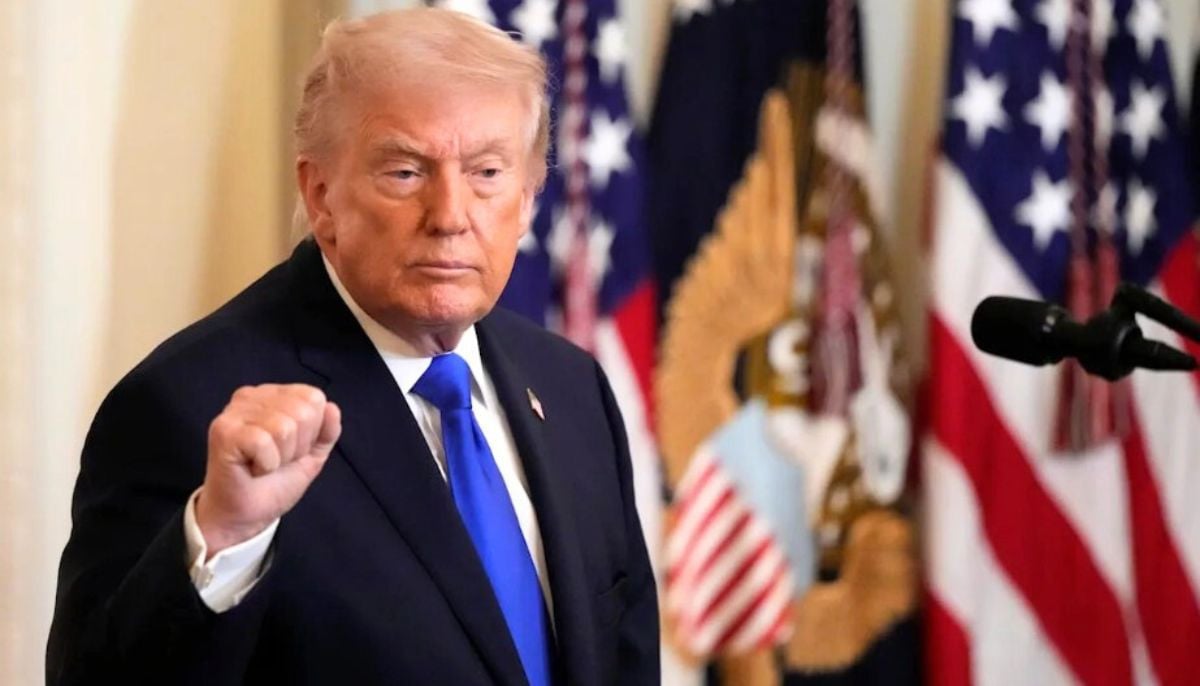Outgoing UK PM Johnson promises full backing for successor Liz Truss
Boris Johnson bid farewell to cheers and applause from supporters before heading for an audience with Queen Elizabeth II
LONDON: Boris Johnson on Tuesday promised unswerving support for his successor Liz Truss, as he left Downing Street for the final time as British prime minister to tender his resignation.
Johnson, whose tenure was dominated by Brexit and Covid and cut short by scandal, bid farewell to cheers and applause from supporters before heading for an audience with Queen Elizabeth II.
In a typical rhetorical flourish, he likened himself to "one of those booster rockets that has fulfilled its function" and he would now be "gently re-entering the atmosphere and splashing down in some remote and obscure corner of the Pacific".
But he promised: "I will be supporting Liz Truss and the new government every step of the way."
And he urged his ruling Conservative party to put aside their differences to tackle the energy crisis that looks set to dominate Truss's immediate future.
"If Dilyn (his dog) and Larry (the Downing Street cat) can put behind them their occasional difficulties then so can the Conservative party," he added.
Highlands
Normally the handover of power in Britain is a swift affair, with the outgoing and incoming leaders making a short trip to Buckingham Palace in central London in quick succession.
But both Johnson and Truss face a 1,000-mile (1,600-kilometre) round trip to the head of state's remote Balmoral retreat in the Scottish Highlands.
The queen opted not to return from her annual summer break for the brief ceremonial audience, after persistent health issues that have affected her ability to walk and stand.
After the formalities with Johnson, she will ask Truss, as the leader of the largest party in parliament, to form a government and be the 15th prime minister of her 70-year reign.
The so-called "kissing of hands" ceremony has not taken place at Balmoral since 1885, when queen Victoria summoned Lord Salisbury to the Highlands.
It has only happened once outside London since 1952, when Winston Churchill met the new queen at Heathrow Airport after the death of her father, king George VI.
Truss, 47, was announced winner of an internal vote of Conservative party members on Monday, after a gruelling contest that began in July.
She is expected to make her first speech as prime minister outside 10 Downing Street on Tuesday afternoon — weather permitting.
Heavy rain and storms are forecast, mirroring the gloomy economic situation that she and her new senior ministers will have to tackle from day one.
The appointments are due to be finalised before she hosts her first cabinet meeting and faces questions in parliament on Wednesday.
To-do list
Business Secretary Kwasi Kwarteng is expected to become finance minister, with Attorney General Suella Braverman moved to the tricky brief of home secretary, and James Cleverly to foreign affairs.
If confirmed, it would mean no white men in any of Britain's four main ministerial posts for the first time ever.
Truss faces a daunting to-do list, with the UK in the grip of its worst economic crisis in decades, with double-digit inflation and sky-rocketing gas and electricity bills.
Truss, who touts herself as a free-market liberal, has promised tax cuts to stimulate growth, despite warnings that greater borrowing could make inflation worse.
British media reported on Tuesday that she would freeze energy bills which could cost some £100 billion ($116 billion).
The contrast to her beaten leadership rival Rishi Sunak's more cautious approach has opened another rift in the Conservative party that was already divided by Johnson's departure.
Recent opinion polls suggest a sizeable chunk of the British public have no faith in her ability to tackle the cost-of-living crisis.
A new poll by YouGov said only 14 percent expect Truss to do a better job than Johnson.
Comeback
Johnson, 58, remains popular among grassroots Tories as a charismatic election winner who took the country out of the European Union.
Despite repeated accusations of corruption and cronyism during his tenure, and an unprecedented police fine for breaking his own lockdown rules, Johnson is said to be smarting at having to leave.
Speculation has swirled that he could bide his time for a comeback, particularly if Truss struggles to overcome the country´s many problems.
On Tuesday, Johnson said he would "return to his plough", like the Roman statesman Cincinnatus, although Latin scholars were quick to point out that he eventually returned to politics.
In her acceptance speech on Monday, Truss ruled out seeking her own mandate from the public at an early general election, vowing victory in 2024.
-
Nobel-winning scientist resigns from Columbia university after Epstein links revealed
-
At least 30 dead after heavy rains hit southeastern Brazil, 39 missing
-
Japan plans missile deployment near Taiwan by 2031 amid growing regional tensions
-
Trump delivers longest State of Union address in history: Inside key details on economy, security and global strategy
-
Trump’s 2026 State of Union address: Inside key takeaways, major policy shifts & top announcements
-
Rep. Al Green removed from House chamber during Trump’s State of Union address: Here’s what happened
-
Bill Gates breaks silence on Epstein links, ‘took responsibility for his actions’ during town hall meeting
-
President Donald Trump delivers the traditional State of the Union address to Congress
